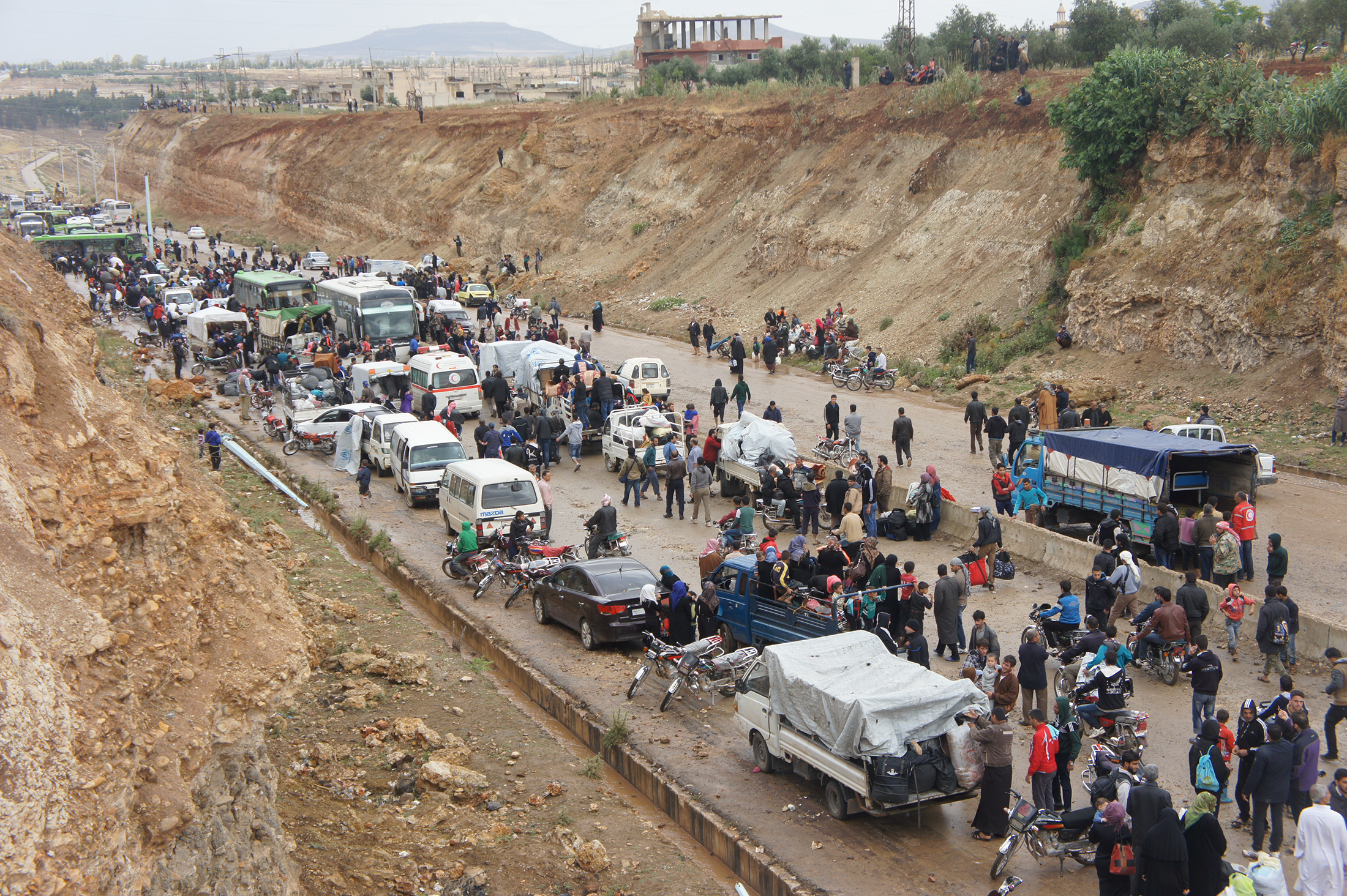The Refugee Protection Watch (RPW) Coalition – an initiative between Basmeh and Zeitooneh, ALEF Act for Human Rights, PAX, 11.11.11. and Upinion – undertakes research and advocacy on protection issues facing Syrian refugees in Lebanon and the conditions for safe, voluntary, dignified and informed return inside Syria.
This research paper explores specific modalities for an international mechanism to monitor the conditions for safe, voluntary, informed and dignified return in Syria. The paper outlines the different modalities available for monitoring, using examples from different contexts. RPW clearly concludes that the options for monitoring the conditions for safe, voluntary, informed and dignified return are available, and best practices from both Syria and other contexts can be used and further explored to fit the Syrian context. However, currently, such monitoring is not happening.
Refugee Protection Watch (RPW) concludes that the first two options (a UNHCR monitoring mechanism and an interagency “Joint Monitoring Expert Team”) should be considered as the two most important options, given the structural nature and involvement of key actors in both options. The option of an interagency “Joint Monitoring Expert Team” however has a number of additional (potential) advantages over a UNHCR monitoring mechanism, in terms of independence, access, public profile, multi-stakeholder partnerships, and ensuring the meaningful and equal involvement of Syrian CSOs and representatives of displaced communities.
In addition to these two options, the paper further assessed four options within the UN human rights system: ad hoc reports by the UN Commission of Inquiry or the UN Office of the High Commissioner for Human Rights, a UN Fact-Finding Mission and the creation of a UN Special Procedure. The paper shows that, though steps in this direction would be welcomed, these options seem less promising than the first two options. Main reasons are the lack of a structural and long-term nature of these options. It should be noted, however, that bodies within the UN human rights system could still play an important complementary role to the work of a structural monitoring mechanism. Each of the options should be further explored and operationalized before making any final decisions regarding an international monitoring mechanism. This paper aimed to highlight the main traits of each option, in order to inform such decisions and further exploration.
With this in mind, Refugee Protection Watch recommends the following steps to be taken in the short term:
- Actively explore the establishment of an interagency “Joint Monitoring Expert Team” mechanism: taking into account the principles outlined in section 3 of this paper, such a multi-stakeholder mechanism could bring together the expertise and operational capacity of key stakeholders (including local CSOs, UN agencies such as UNHCR, OCHA and OHCHR, and International NGOs).
- Involve the broader UN human rights system: ensure that the situation of refugee and DP returnees in Syria is more actively addressed by Geneva-based instruments. This could be done, among others, by:
– A UN Human Rights Council resolution requesting the UN Commission of Inquiry on the Syrian Arab Republic to publish regular reports on the human rights situation of Syrian refugee and IDP returnees, and to also pay more attention to returns in regular Commission of Inquiry reports;
– A UN Human Rights Council resolution requesting the Office of the UN High Commissioner for Human Rights (OHCHR) “to monitor, report and make recommendations on alleged human rights violations, abuses and related crimes against displaced Syrians” and “to recommend, on the basis of these assessments, the appropriate follow-up for the Human Rights Council to consider, including consideration of the appointment of a special rapporteur and consideration of the appropriate technical assistance.”
- Localisation of monitoring: donors should make more resources and technical support available for Syrian-led and Syrian-owned research efforts that document human rights and protection concerns across the whole return journey, including the voluntariness of return decisions, the return journey (especially while crossing the border), and the protection and human rights situation of returnees in the area of return. This issue is of key importance in order to help ensure the knowledge and expertise of Syrians is better incorporated into policy discussions and to help increase information available to Syrians who are thinking of returning.




